Thank you, Melvin Miller
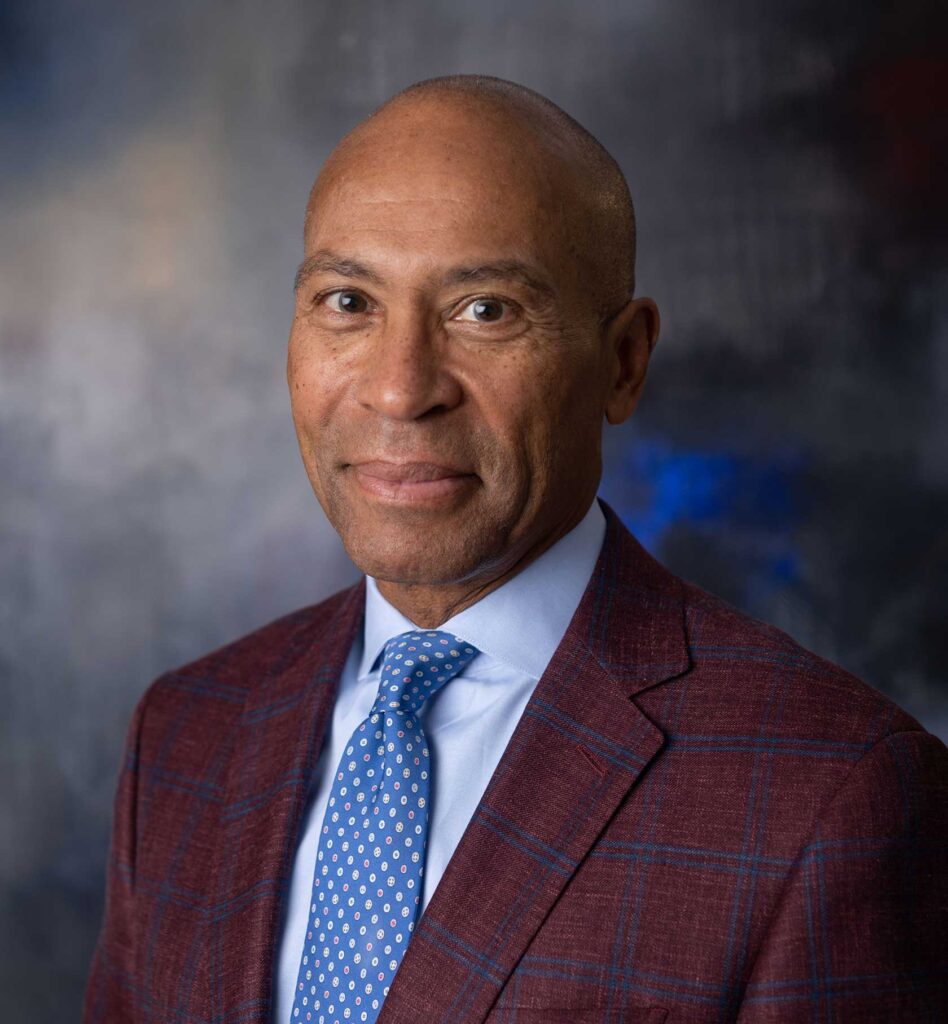
For a long time now, Mel Miller and the Bay State Banner have been the only source of news and information about Black people or activities in Black neighborhoods in Boston. Always responsible and responsive, Mel took time to reflect on the significance of economic, political and social developments in the community and to comment on them diligently in his opinion pieces. He was a friend of our campaigns and our Administration, even when constructively criticizing us. I will miss his stewardship at the Banner. — Deval Patrick, Former Governor of Massachusetts
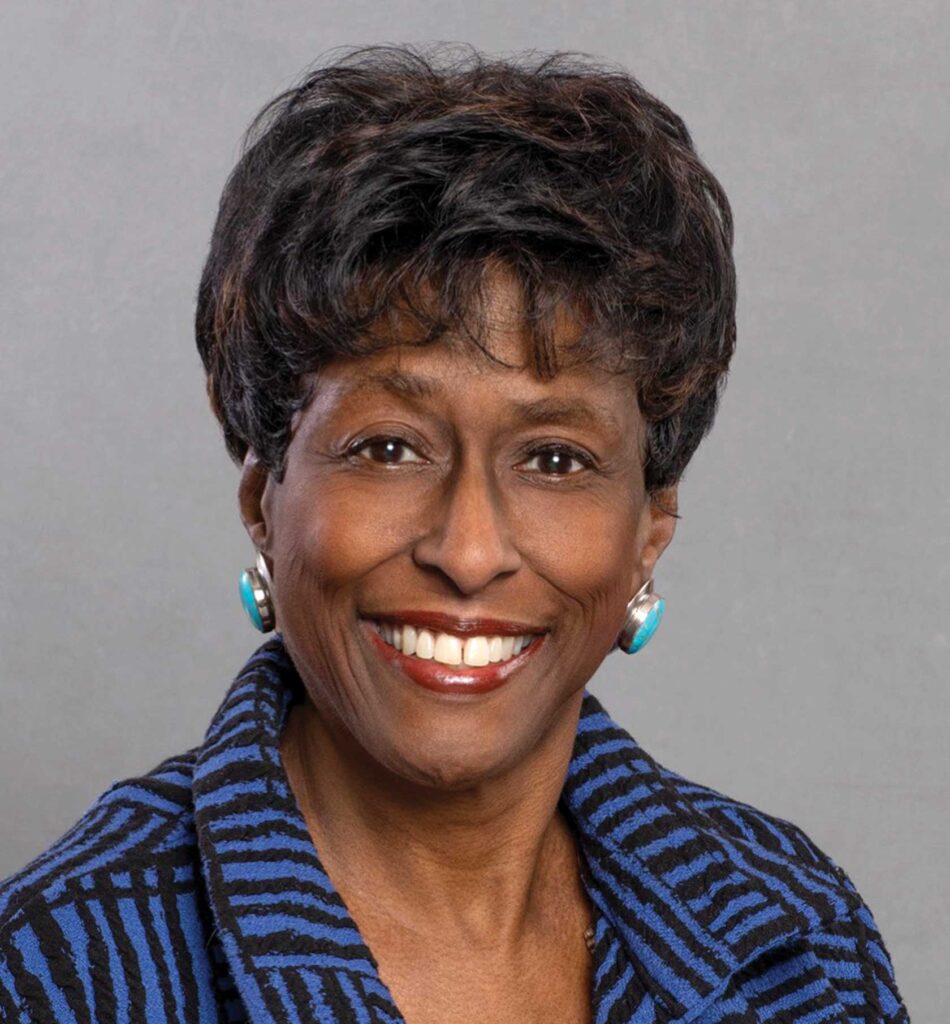
I think of Mel Miller as our ‘griot’ — the one entrusted to keep our traditions and stories alive. Through the Bay State Banner, our community was meticulously tracked, and our hopes, dreams and accomplishments were shared with all who sought a picture of Boston’s Black community.
— Carmen Fields, former WGBH newscaster
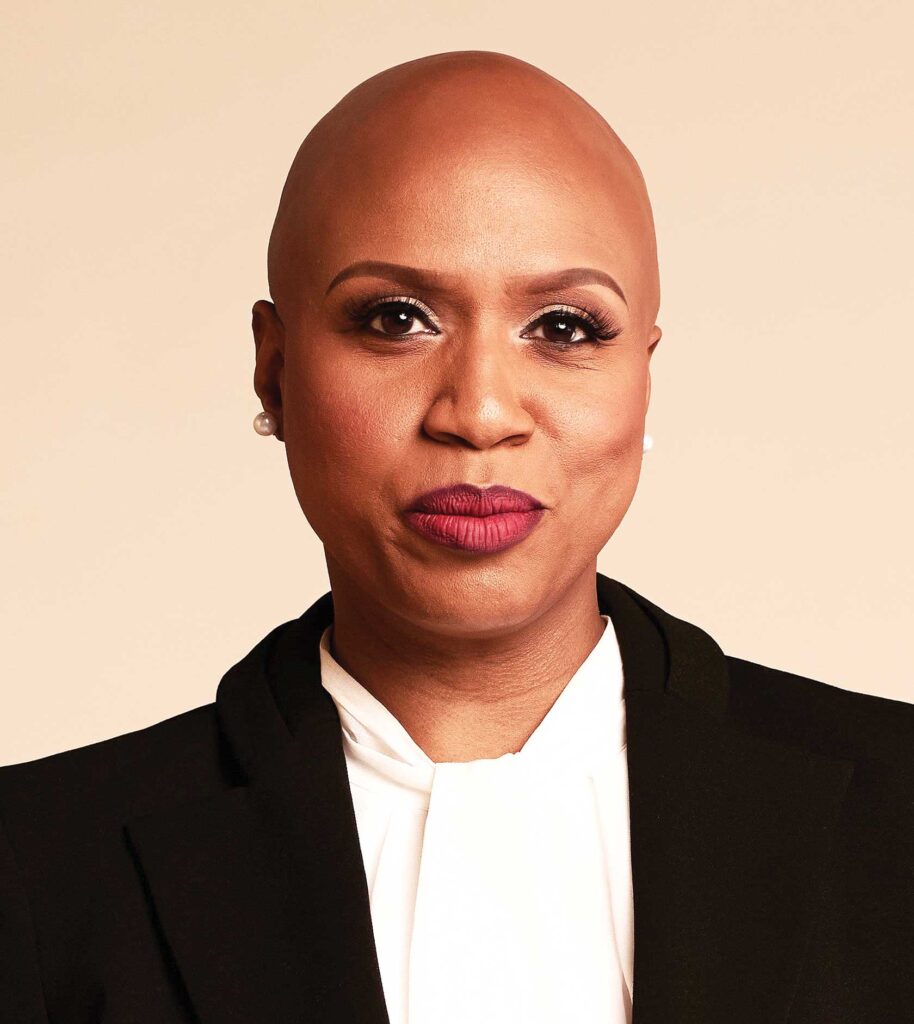
Mel Miller is a trailblazer who has contributed so much to the rich legacy of Black journalists who have powered movements and inspired change in Boston and beyond. Through his stewardship of the Banner, he has told our stories, stoked our consciousness and uplifted our communities. We congratulate him on an incredible career.
— Ayanna Pressley, U.S. representative, Mass. 7th Congressional District

Mel Miller epitomizes total commitment to the betterment of our
community through truth-telling. We all have a tremendous responsibility
to continue his legacy.
—Glynn Lloyd,
executive director,
Mill Cities Community Investments

The ‘Black press’ has played a pivotal role in connecting and informing African Americans. From Abolition to the Great Migration and the Civil Rights Movement, our community has turned to Black-owned newspapers and Black writers for news and information not reported by the mainstream media. So when Melvin Miller founded and published the Bay State Banner for Boston’s African American community almost 60 years ago, he filled an information void for black Bostonians, and in so doing, became part of a legacy of pioneering print journalists like Frederick Douglass, Ida B. Wells-Barnett, Carl T. Rowan, and Alice Dunbar-Nelson. We all owe Mel thanks and a debt of gratitude for making the Banner his life’s work.
— Karen Holmes Ward, director of public affairs, WCVB-TV
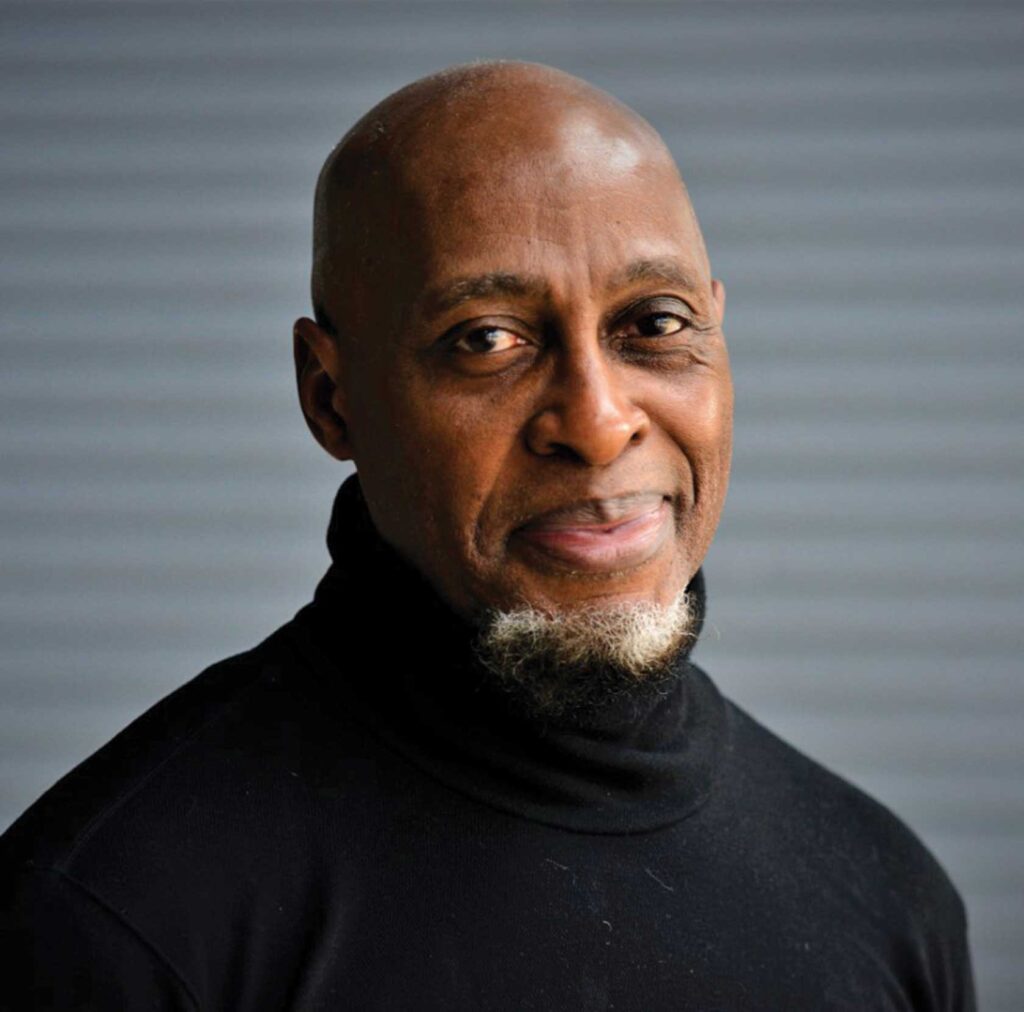
When I first arrived in Boston from Detroit in the mid-70s, I was greeted by a racial hostility that was unlike anything I had ever experienced. Subsequently, I sought out information and individuals to help me navigate the city’s turbulence. One of those people was Mel Miller, who through it all was calm, cool and collected, as they say. He knew the city and was informed about its history and prescient about its future. His Bay State Banner was the paper of record for much of what he thought, and it was my compass. I began working in radio journalism, first as a student intern and a writer. We did not always agree on methods and even coverage, but we agreed that journalism was the prism for Black communities to see the light, and the Banner is still shining brightly. Thank you, Mel Miller.
— Phillip Martin,
senior investigative reporter, WGBH
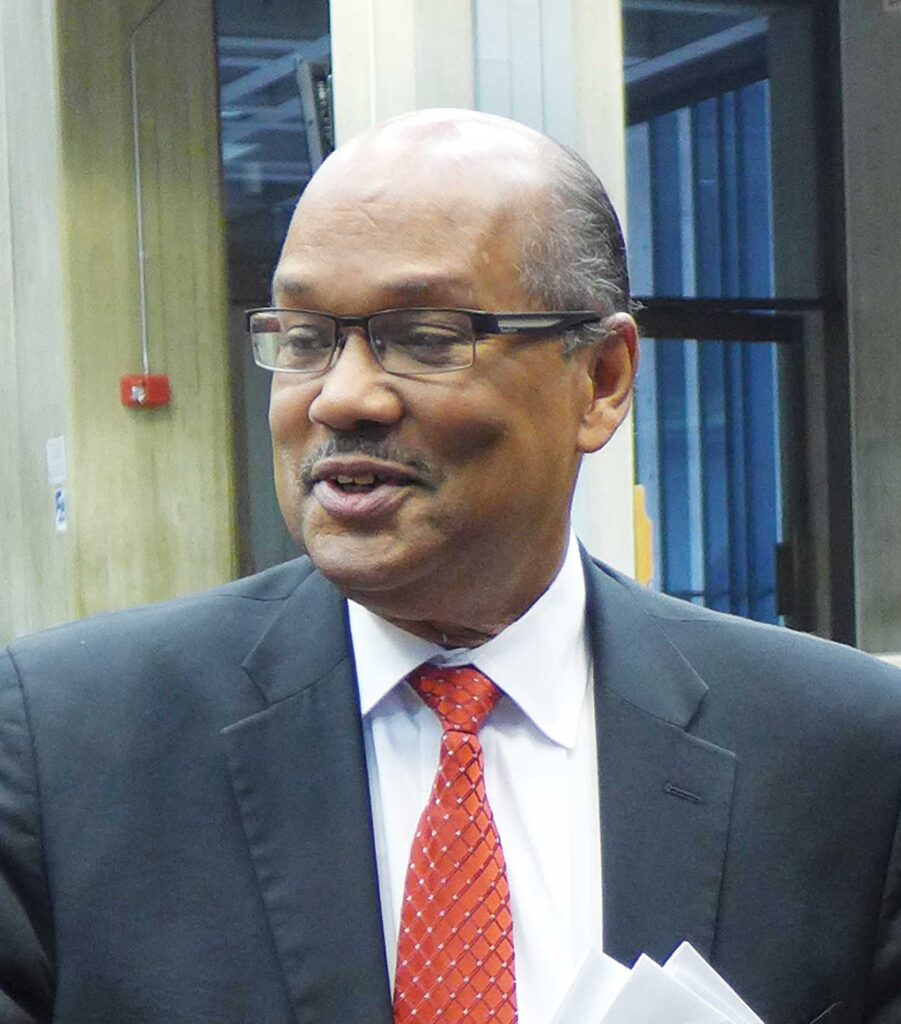
Melvin Miller has made a very significant contribution, not only to the African American community, but to all of Boston. While we didn’t always agree on everything, there was no question his heart was always in the right place. He has continued the legacy of William Monroe Trotter, which has been really powerful. I would count him as a great historian and a friend of the Black community in Boston. I appreciate the sacrifices he has made over the years to make sure Boston’s African American community has been well documented by the Bay State Banner.
— Charles Yancey,
former Boston City Council president
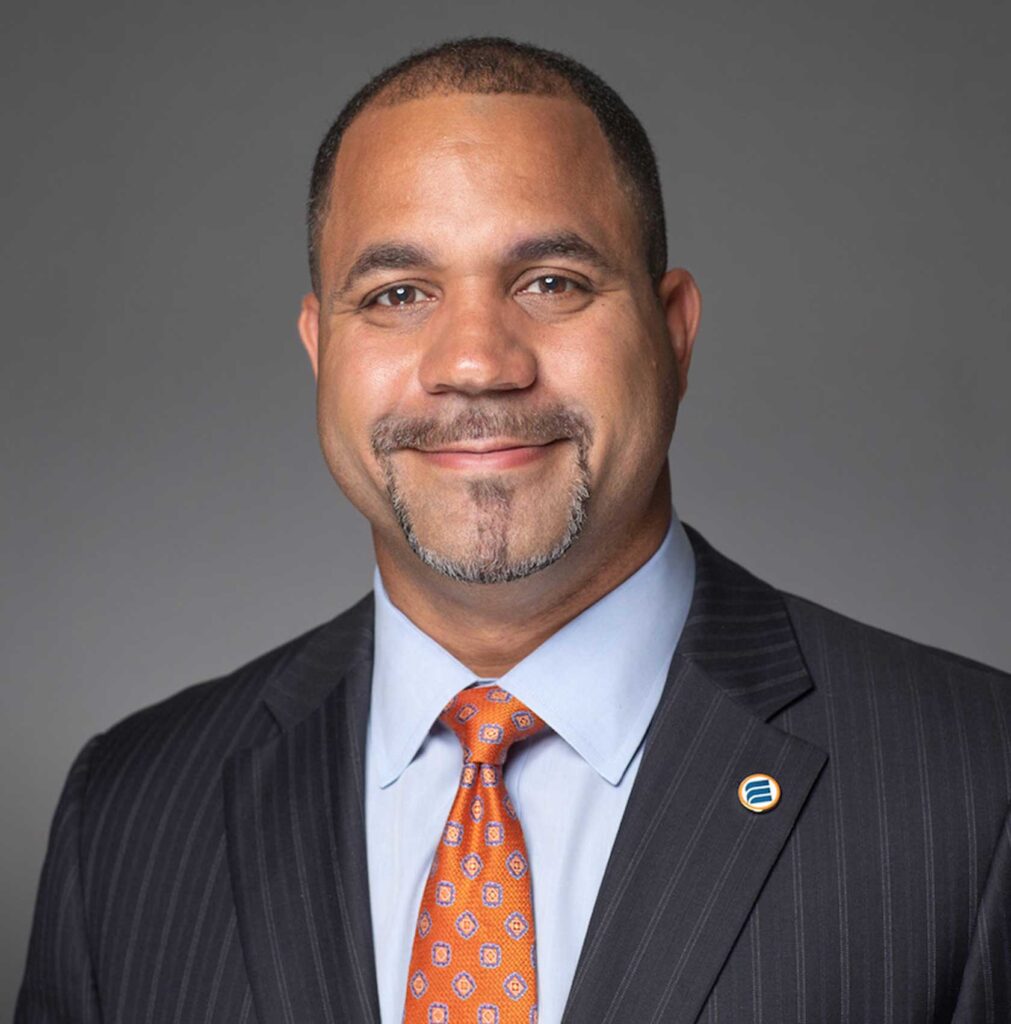
For nearly 60 years, Mel and the Banner have been a force for good, serving Boston’s people and communities of color. Mel’s vision in creating the paper ushered in a powerful and lasting voice for racial equity. Through impactful truth telling and informed calls to action, his passion and dedication have never wavered. Myself, my colleagues, and waves of people across generations of community, business, cultural and legislative advocates have looked to and respected Mel as a champion for progress and source of inspiration.
— Quincy Miller,
president, Eastern Bank



